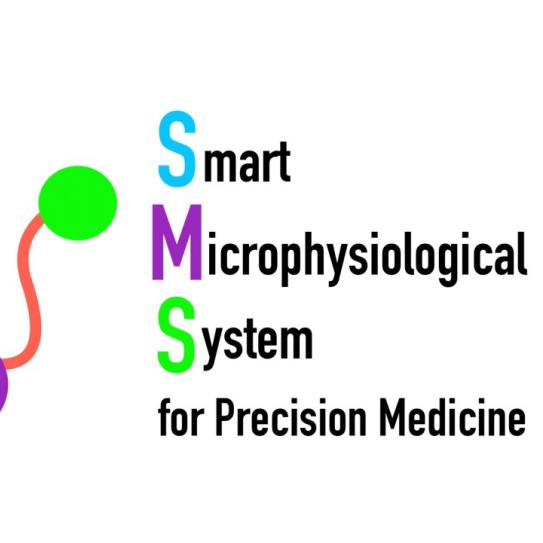Smart Microphysiological System for Precision Medicine (GY)
-
Engineering automatic and biomimetic microphysiological systems for precision medicine.

Goals:
This project will form a research team that designs and prototypes microfluidic organ-on-a-chip based microphysiological systems for disease modeling and drug screening. The system should contain dozens of culture units and serve as a compact and standardized tool for high-throughput pathological modelling and downstream analysis. The team will integrate the function of laboratory automation and microenvironmental controls to the system. Cell culture process such as changing and collecting culture medium is expected to be automated; downstream imaging is expected to be compatible with the system. Control of microenvironmental factors like the oxygen level and fluid pressure is expected to be integrated in the system. The team aims to develop standardized manufacturing process for large-scale chip production. The team will also use biological assays to validate and assess the function of the microphysiological system for actual disease modeling such as cancer immunotherapy screening. The team will translate the product for preclinical and clinical applications and commercialize it into the market.
Research, Design, or Technical Issues Involved or Addressed:
The team is expected to manage design skills like CAD/CAM tools and microfabrication techniques like 3D printing, injection molding and soft lithography. The control module is key to the system so the team is expected to develop control programs and use control instruments (e.g., Arduino, NI). Besides that, to assess the function of the system, biomedical engineering related-skills like biosafety cabinet usage, basic biological assays and image processing and analysis are needed. To develop AI-based tools and computational models for high-throughput and automated analysis, the team is expected to manage programming skills (e.g., python, R) and UI designs.
Subteams
- Microfluidic chip design, fabrication and testing Subteam
- Control system development (including hardware and software) Subteam
- Biomedical validation and application Subteam
- AI tool development Subteam
- Entrepreneurship Subteam
Methods and Technologies
- CAD/CAM tools (AutoCAD, Solidworks etc.)
- 3D printing
- Injection molding
- Soft lithography
- Control system development (Arduino, Raspberry Pi, LabVIEW etc.)
- Microfluidic pressure/flow/gas control
- Cell culture
- Biological imaging
Majors and Areas of Interest
- Biomedical Engineering
- Mechanical Engineering
- Chemical and Biomolecular Engineering
- Computer Science
- Electrical and Computer Engineering
NYU Partners
- NYU Tandon School of Engineering
- NYU Langone Health
Related Grand Challenges
- Microfluidic system integration
- Chip manufacturing standardization
- Microphysiological system biological validation
- Technology translation and commercialization
Primary Instructors
- Weiqiang Chen, Associate Professor
- Dongdong Liu, Postdoctoral Associate
- Lunan Liu, PhD Student

